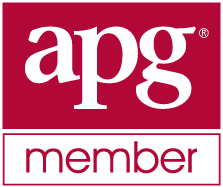

FAQ
How will I know when it’s time to hire a professional?
What is a “certified genealogist?”
A board-certified genealogist has demonstrated expertise in defined categories of work while adhering to 90 professional standards that make up the GPS (Genealogical Proof Standards) as defined by the Board for Certification of Genealogists. An applicant’s 150-page portfolio must pass review by a panel of judges to earn the Certified Genealogist credential. Back to top
Is the type of research you do really better than what I can do on my own?
As a professional genealogist, my role goes beyond locating records; a complex process of vetting, citing, analyzing, corroborating, and resolving possible conflicts in evidence is “baked in” to every research project, large or small. Much of the material I use comes from sources not easily located—online and off—combined with the experience necessary to put findings in proper historical context. Back to top
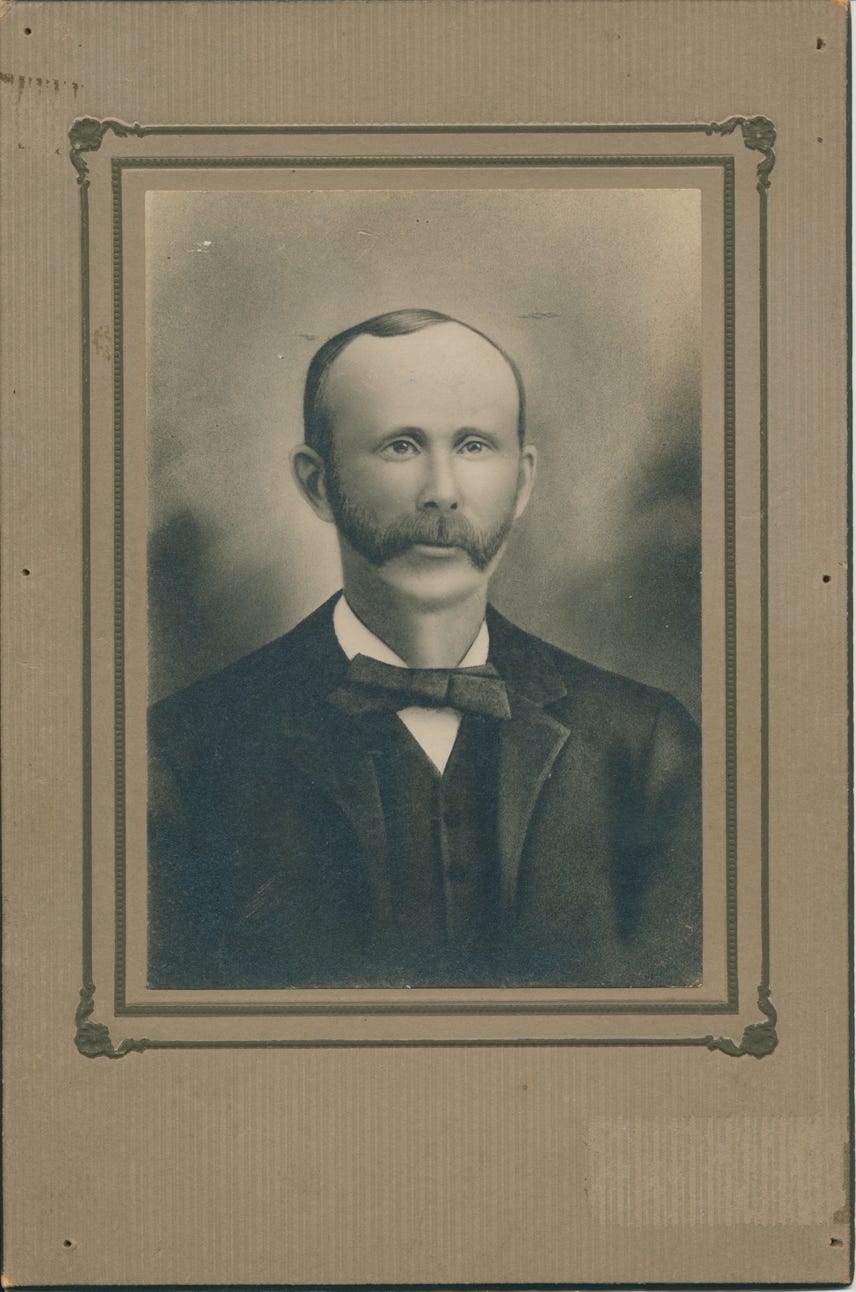
Great Great Grandpa James Baxter
What’s better? Traditional research or DNA research?
It depends on your goals. Some can be resolved through traditional “paper trail” work, while others require the addition of genetic (DNA) data. Before committing to anything, we’ll talk about what you hope to discover, so I can advise about the best approach. Back to top
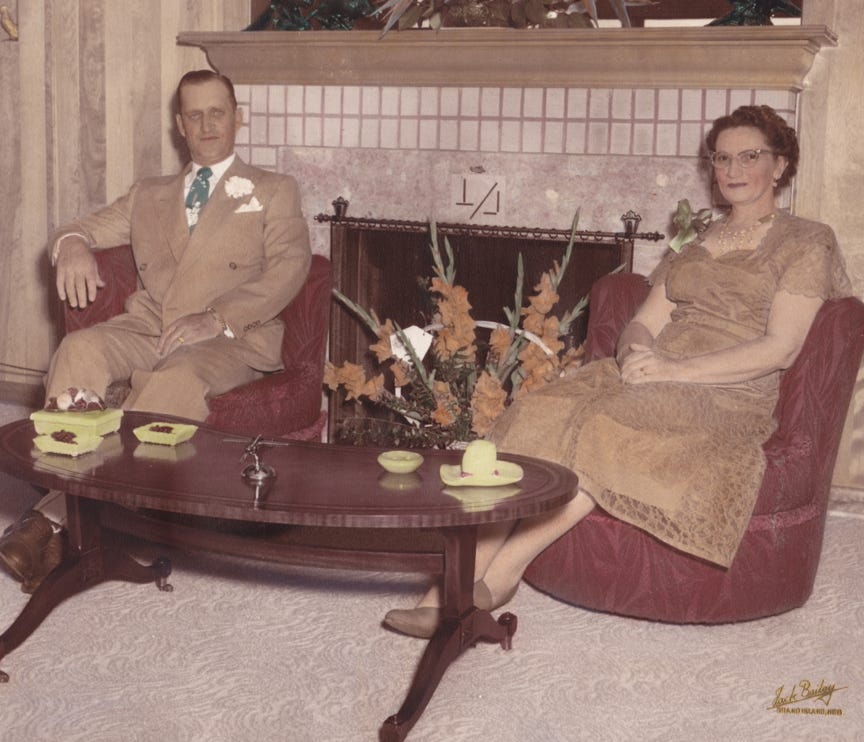
Grandpa and Grandma Ray and Irene (Jackson) Baxter
25th Wedding Anniversary, 1951
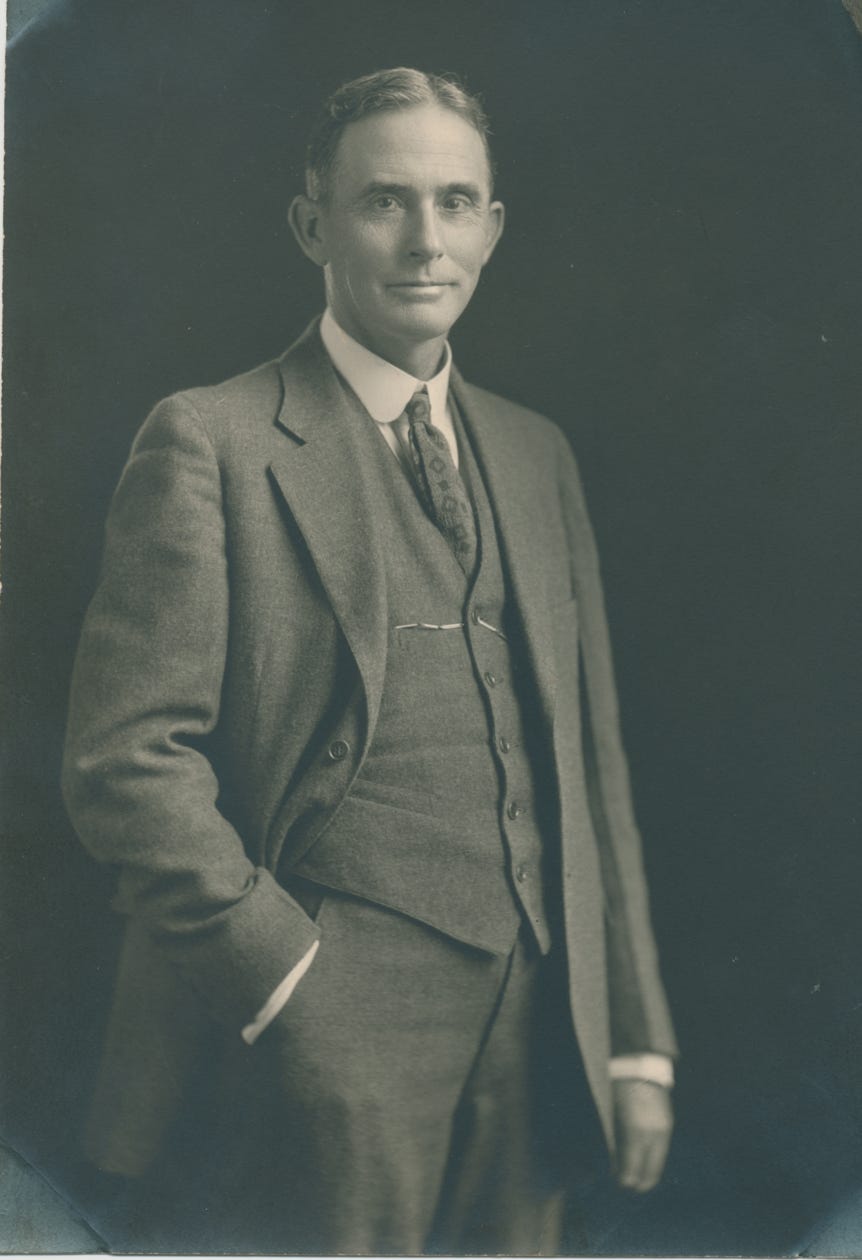
Great Grandpa John Hampton Hale
Confidentiality is important, and worthy of protection. The following information will be kept private:
Additionally, information involving living people, parents, children, and immediate family members–whether or not a matter of public record–will be handled with sensitivity and discretion. Back to top
Will my information remain private?
Do you abide by a code of ethics?
As a professional holding the Certified Genealogist credential, I am bound by:
Can you help me continue my own research?
Yes—it’s called Genealogy Coaching, and it comes in three flavors:
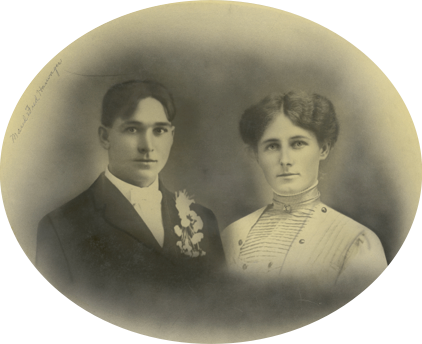
Great Grandpa and Grandma
Fredrick Jacob Harwager and Maud Charlotta Sophia Landstrom
Wedding photo, 1912
Will you need to talk to my family members?
Typically, no, but if you feel bringing additional family members into the conversation will help, I’m certainly open to it. If there's someone you prefer not be consulted, that's fine too. This is entirely your call.
If we’re working on a DNA-related research project that requires participation from additional family members, each will be provided with forms to protect their privacy and help them understand how their test results will be used. Back to top
What will you need from me?
During our initial conversation, we’ll talk about what you’d like to learn, what you know, and what you have in hand; from there, we’ll determine what will make the process easier (to avoid as much repetition—and billable hours—as possible).
Pull together the information you have, jot notes, and gather details that are connected to your query—even if you’re not sure they apply. You might have a clue in hand without realizing it. Back to top

Grandma Helen Hale, 1923
Do you offer free consultations?
Absolutely. Before any paperwork changes hands, we’ll visit about your needs and what I can provide to fill them. Whether looking for someone to provide professional research beyond your skill set, to have someone help you move past a brick wall in your own research, or opt for a completely different service than you initially intended, we’ll work in tandem to find your best path. Back to top
Do you work on retainer or by the hour?
Either/or, as determined by the project. Regardless of which path we take, a contract will be provided so you know exactly what to expect. Back to top
What will I receive when the research is done?
Every report is unique; no two clients bring the same heritage or questions to the table. In broad strokes, however, most reports contain the following elements (written in plain English):
Will you build a tree on Ancestry for me?
I don’t currently offer this service; you can, however, use the information provided in the resulting research report(s) to fill gaps on your tree, including citations that prove your information has been vetted and is reliable. Back to top
Which DNA test should I take?
There are four types of DNA used for genealogical research: atDNA (autosomal), mtDNA (mitochondrial), X-DNA (X chromosome), and Y-DNA (Y chromosome). Each tells a different story, sometimes on its own, sometimes in tandem with other tests. Some recombine, others don’t. Some comes from your father, some from your mother, some from both.
Depending on your particular goals, a single test might suit your needs, or a combination of tests might be better. The most common tests (AncestryDNA, FamilyTreeDNA’s Family Finder, MyHeritage, etc.) focus on atDNA, which, although extremely complex, might not be the right fit. My role is to guide you in the best direction, avoiding unnecessary, expensive testing. Back to top
Can you help adoptees locate birth parents and siblings?
The process of discovering an adoptee’s ancestral tree is a bit more challenging than those with known information, but by no means impossible. Thanks to the advent of genealogical genetics and DNA testing, that’s usually the easy part—being prepared to make big decisions about what to do with the newfound information is harder. As a result, I suggest adoptees consult with family counselors before making direct contact with the blood relatives I discover, so that they and their adoptive family are fully prepared for whatever comes next. Back to top
Do I need to take a DNA test?
Yes, if you haven’t yet tested anywhere. If you have tested, and depending on what you’d like to learn, additional tests may be helpful (and in some cases, crucial) to resolve questions. I’ll advise as to what makes the most sense, based on your stated goals. Back to top
What does DNA testing cost?
Prices vary, depending on the type of DNA being analyzed, and to what degree. I’ll advise as to the most cost and research-efficient option(s), so you don’t pay for more than you need or end up with the wrong type of test. Back to top
What will I receive when the research is done?
A professional report that explains the information found and what it means, in plain English (you won’t need a course in microbiology to understand the results). Each is unique since no two clients bring the same heritage or questions to the table. In broad strokes, however, most reports contain the following elements:
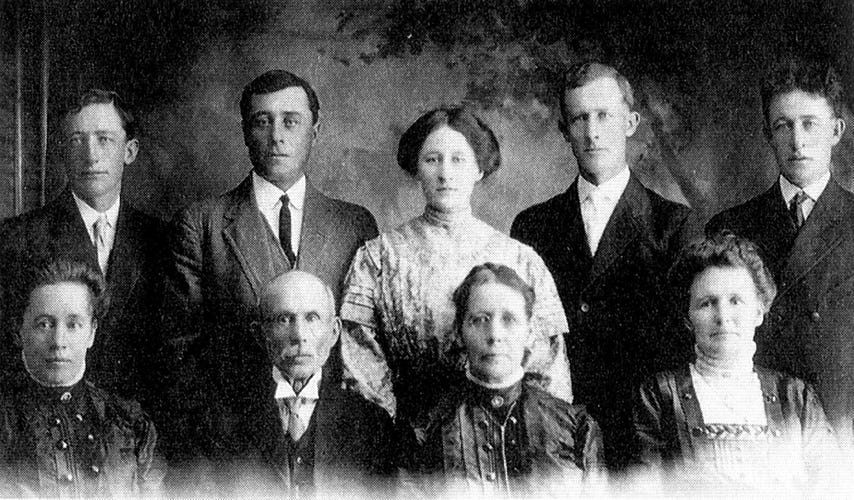
Great Great Grandparents, James and Christina (Irvine) Baxter
with some of their children
Will my family members need to test?
Possibly—again, this depends on your goals. If testing additional family members is necessary, I’m happy to make the arrangements, so the process will be as streamlined and simple as possible. Back to top
Who arranges for testing?
I’m happy to make the necessary arrangements, or to provide the information for you to do so. Back to top
Will my information be private?
Some clients like their test results to be labeled with real world names, making it easy for people researching their family line to connect. Others prefer their identity be masked with pseudonyms instead. Understanding that DNA is ultimately identifiable even when anonymous, the choice is yours to make. In all cases, DNA results will be associated with a non-identifying email address, adding an extra layer of privacy protection. Back to top
The best way to reach me is through the form below; I'll do my best to respond the same day, or following business day.
ALL FIELDS ARE REQUIRED
What are Ethnicity Estimates?
Just that—estimates. In spite of what television ads lead you to believe, ethnicity estimates don’t indicate where your great-great-grandparents were from, but where your ancient ancestors might have come from thousands of years ago. These estimates are based on comparisons to “sample pools” which differ from one testing website to the next. (Many professional genealogists liken ethnicity estimates more closely to horoscopes than hard facts regarding your family’s homeland.) Back to top
Can DNA testing predict my odds of inheriting diseases and other health-related conditions?
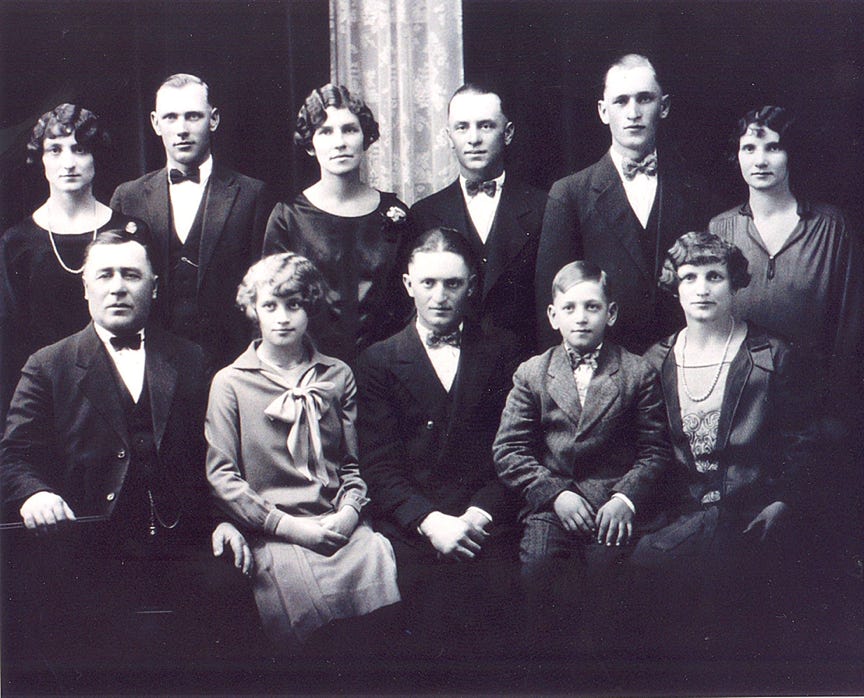
Great Grandparents Thomas and Lena (Jess) Baxter
with their children, c. 1925
Genealogical DNA testing only involves a fraction of your genomes—a few of which might indicate the possibility of certain health conditions, but even then, the information would be woefully incomplete. For example, there are more than 1,000 gene mutations that indicate a risk for breast or uterine cancer, but the 23andMe test recently approved by the FDA only screens for three. And even then, presence of one of those three only suggests risk is possible—not probable, and certainly not absolute.
Additionally, a number of third party websites claim uploading your ancestral DNA “raw data” will allow them to predict and identify diseases and risks, but those, too, should be viewed with extreme caution and skepticism. The data necessary to perform accurate medical forecasting requires more complex testing, on far more genes that are included in genetic genealogy tests.
If, however, a pattern indicating an inherited health issue through other family members surfaces while assembling your history, it may be possible to consult with relatives, and then a medical professional, to determine whether or not specific risks or patterns apply to you too. Back to top
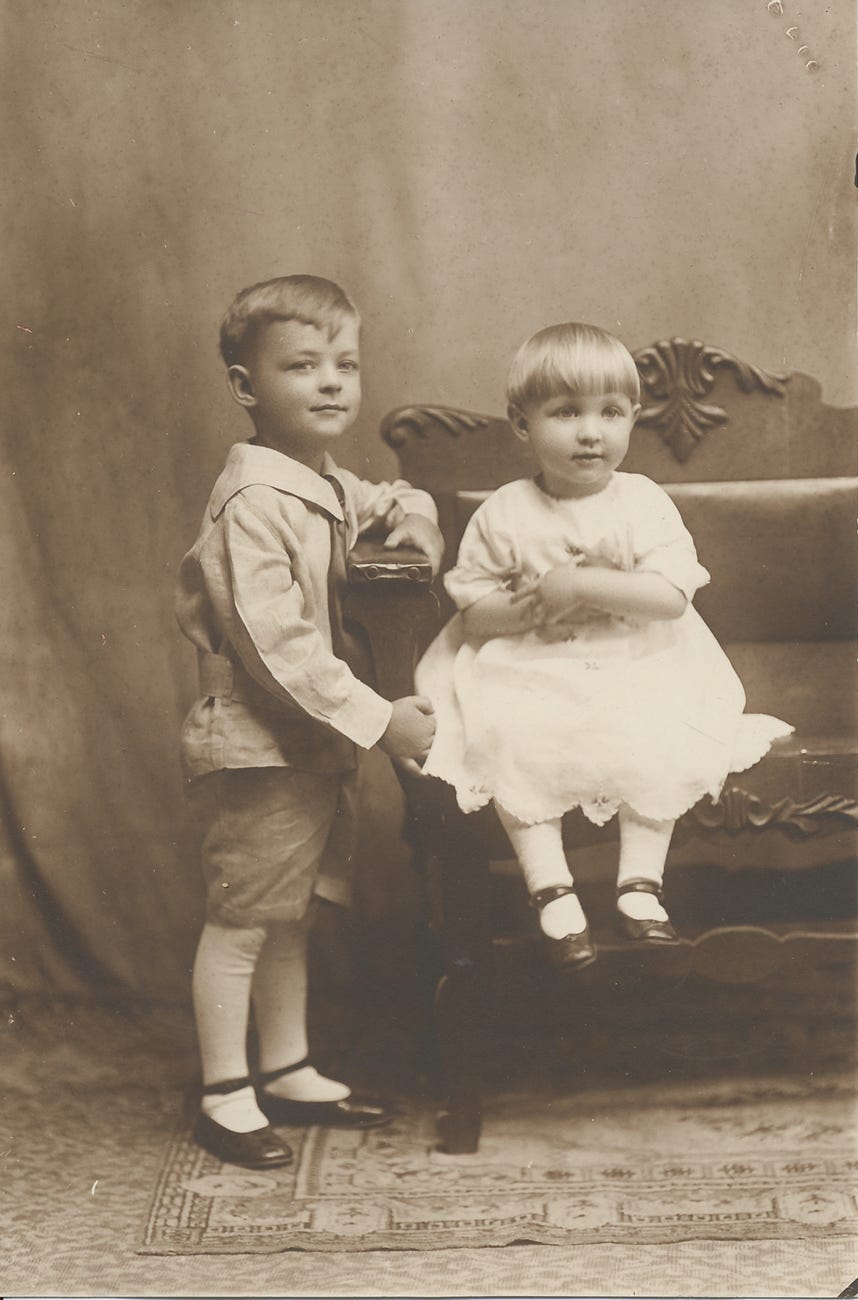
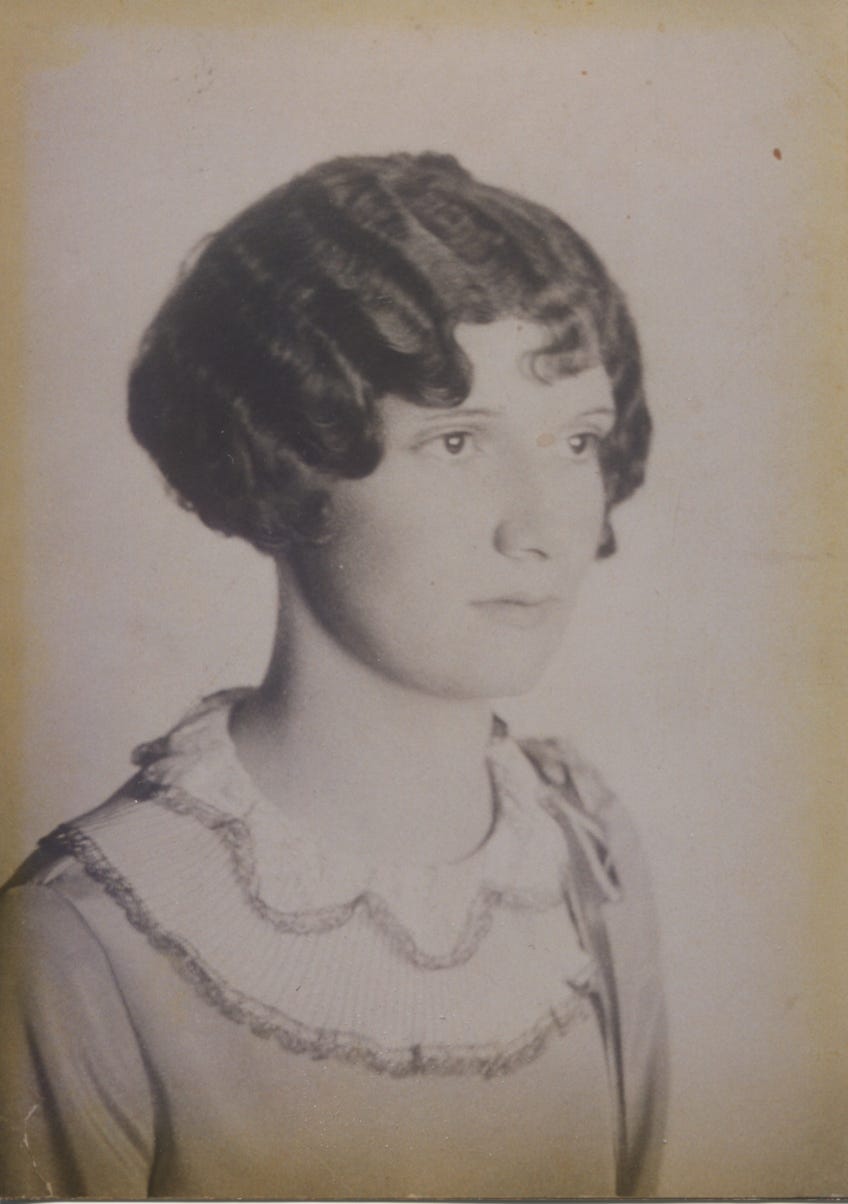
Grandma Irene Summerfield Jackson, c. 1923-25
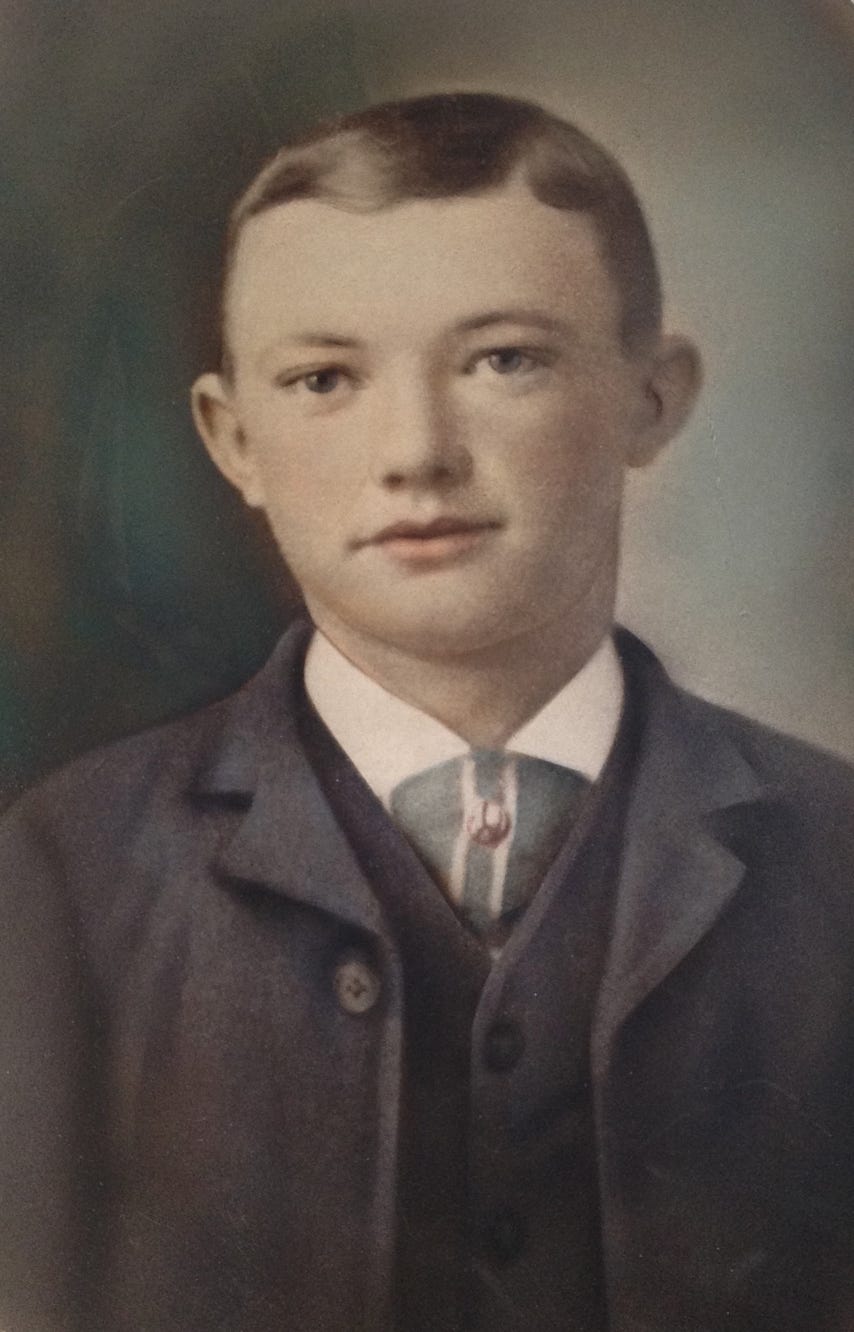
This was once “my mystery man”— found as a hand tinted photo hidden behind a more recent one, in a frame previously owned by my grandparents. Thanks to genealogical forensics, this handsome lad is now known by his proper moniker:
Great Grandpa Thomas Baxter (b. 1879; photo c. 1895).
